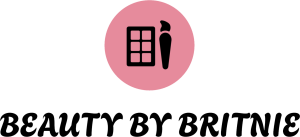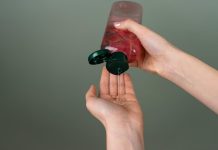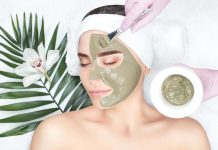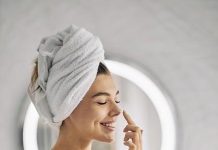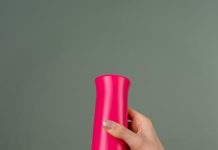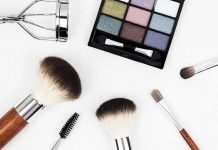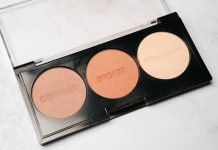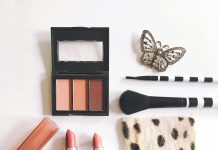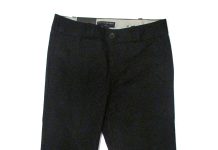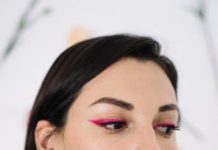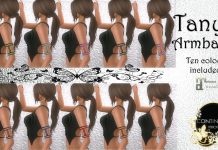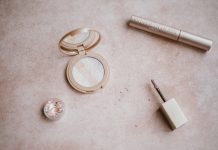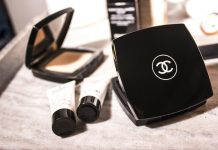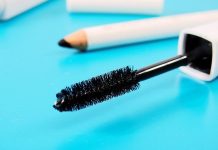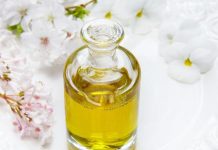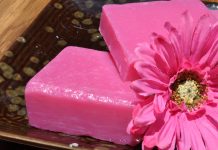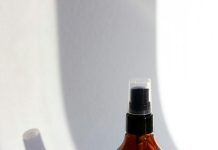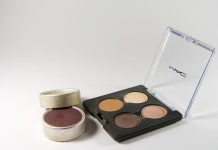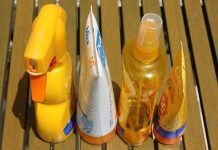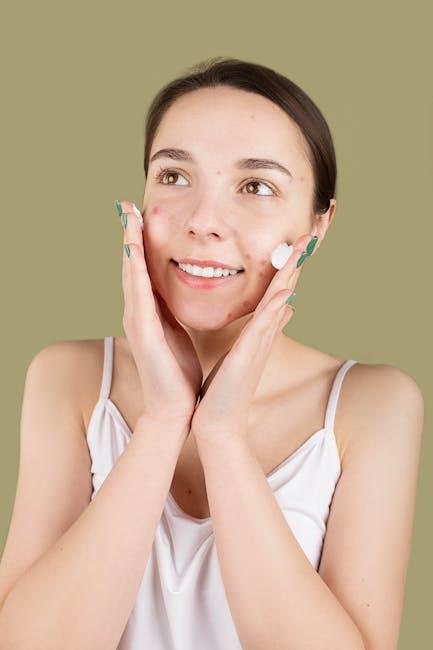In the ever-evolving landscape of beauty, where trends shift as swiftly as a brushstroke, a new dilemma emerges—are the alluring promises of beauty hacks leading us down a path of excess? As social media platforms brim with influencers touting the next miracle solution, a question lingers: Is it ethical to promote beauty hacks that encourage the overuse of products? This article delves into the shimmering world of cosmetics, exploring the fine line between innovation and indulgence, and questioning whether our quest for beauty is veering into the realm of excess. Join us as we unravel the implications of this modern conundrum, where the pursuit of perfection meets ethical responsibility.
Exploring the Ethical Landscape of Beauty Hacks
In the ever-evolving world of beauty, the allure of quick and easy hacks often masks deeper ethical concerns. Beauty hacks that encourage the overuse of products can lead to a host of issues, from environmental impact to personal health risks. These concerns raise the question of responsibility—should influencers and brands be held accountable for promoting potentially harmful practices?
- Environmental Impact: Overconsumption leads to increased waste and pollution, as excess packaging and product disposal become significant contributors to environmental degradation.
- Health Risks: Excessive use of beauty products can result in skin irritation, allergies, and long-term health effects, challenging the integrity of promoting such practices.
- Consumer Trust: Encouraging overuse can erode trust, as consumers may feel misled by claims that prioritize profit over well-being.
While the appeal of these hacks is undeniable, it’s crucial for the beauty industry to balance innovation with ethical responsibility. By fostering transparency and promoting sustainable practices, brands and influencers can create a more conscientious beauty landscape.
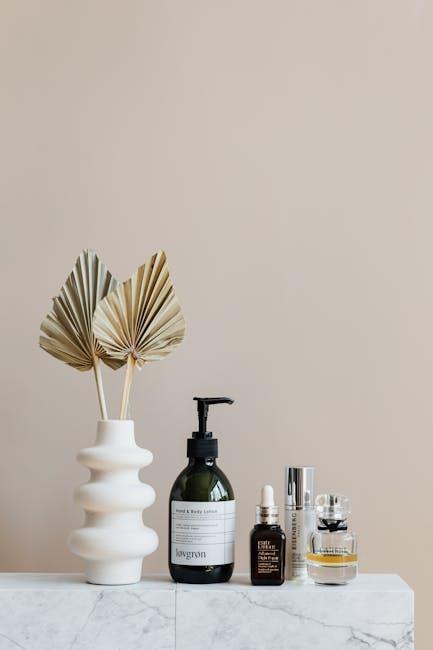
Unveiling the Impact of Product Overuse
In the quest for flawless beauty, the allure of product overuse often goes unnoticed. While layering serums and slathering on creams might seem beneficial, it can lead to a myriad of unintended consequences. Excessive use can trigger skin irritation, disrupt the natural barrier, and lead to dependency on certain formulations. These issues not only compromise skin health but also contribute to a cycle of continuous consumption.
- Environmental Impact: Overuse means faster depletion of products, resulting in increased packaging waste and resource consumption.
- Financial Strain: Consumers may find themselves spending more on products than necessary, straining their budgets.
- Psychological Effects: The pressure to maintain a perfect appearance can lead to stress and anxiety.
Understanding these effects is crucial for both consumers and marketers. While beauty hacks promise quick fixes, the long-term implications of encouraging overuse can be profound, prompting a reevaluation of ethical marketing practices in the beauty industry.

Balancing Beauty and Responsibility
In the quest for beauty, the fine line between enhancement and excess often blurs. Promoting beauty hacks that push the overuse of products raises ethical concerns. Beauty influencers and brands have a responsibility to guide their audience with integrity. Encouraging excessive use not only strains personal finances but also has environmental implications, contributing to increased waste and pollution.
- Environmental Impact: Overuse leads to more packaging waste and higher carbon footprints.
- Consumer Well-being: Excessive application can cause skin irritation and long-term damage.
- Financial Considerations: Buying more than necessary can be economically burdensome.
By advocating for mindful consumption, the beauty industry can maintain its allure while championing sustainability. This balance not only fosters trust but also aligns with a growing demand for ethical practices. In a world where less is increasingly more, the message should be one of moderation and mindfulness.
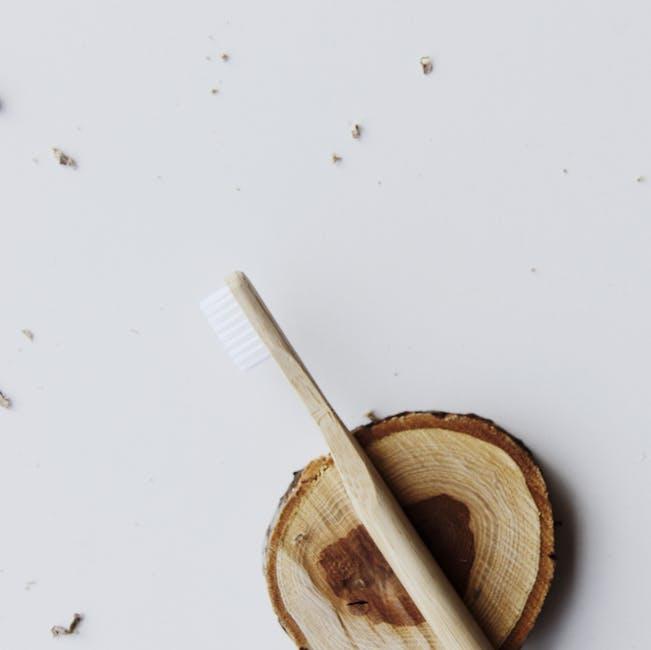
Crafting Ethical Guidelines for Beauty Influencers
In the dynamic world of beauty influencing, establishing ethical guidelines is essential to maintain trust and transparency with followers. When promoting beauty hacks, influencers should be cautious about encouraging the overuse of products. Excessive product use can lead to potential harm, such as skin irritation or long-term damage, not to mention the environmental impact of increased waste.
To foster responsible promotion, beauty influencers can consider the following practices:
- Transparency: Clearly disclose if a hack involves heavy product use and discuss potential risks.
- Research: Ensure that the promoted hacks are backed by credible sources or personal experience.
- Sustainability: Encourage eco-friendly practices and highlight the importance of using products judiciously.
- Authenticity: Share personal stories or testimonials to provide a genuine perspective on the hack’s effectiveness.
By adhering to these principles, influencers can create content that not only captivates but also educates and empowers their audience.
